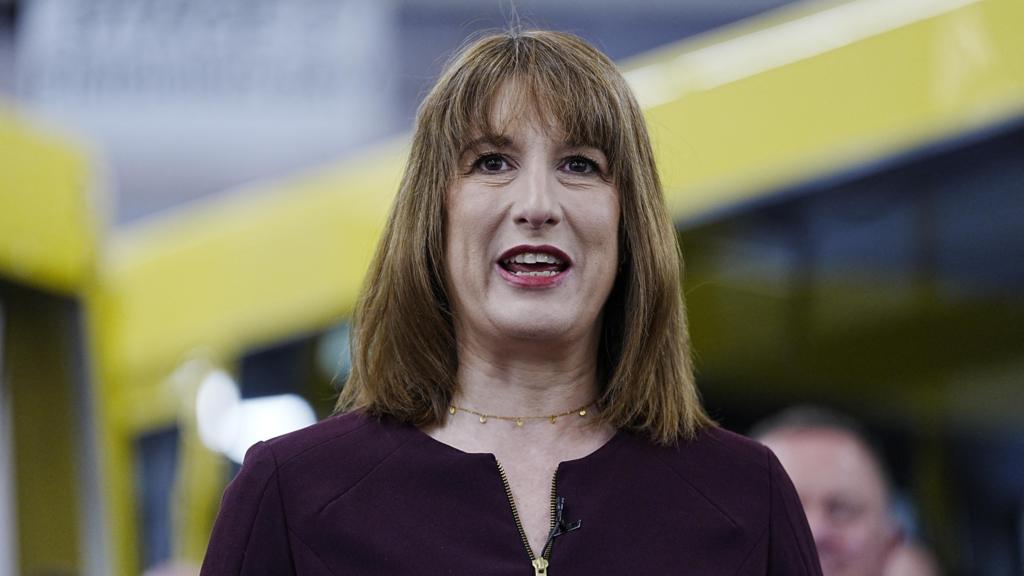The protracted reversal of the Winter Fuel Payment policy has concluded.
This nearly year-long saga began last July when the then-Chancellor announced a surprise policy change, restricting the Winter Fuel Payment to pensioners receiving pension credit or similar means-tested benefits—approximately 1.5 million individuals—resulting in potential annual savings of £1.5bn.
This decision immediately drew criticism from Labour MPs, who faced significant public backlash.
The issue dominated the political landscape throughout the summer, with hundreds of newly elected Labour MPs inundated with complaints. The controversy persisted.
It resurfaced during the recent English local elections and the Runcorn by-election, becoming a recurring concern for voters.
The subsequent U-turn unfolded in three phases.
Three weeks ago, the Prime Minister announced an adjustment to the eligibility threshold. Last week, the Chancellor confirmed that newly eligible recipients would receive the payment this winter.
The revised eligibility criteria are now public, clarifying who will receive the payment and who will be required to repay it.
Several questions arise: could the government have avoided this situation initially? Some sources believe it was entirely avoidable. Others suggest genuine Treasury concerns about fiscal constraints necessitated the initial cost-cutting measure.
Secondly, despite the phased announcement, the government acted relatively swiftly once the decision to reverse course was made.
The new threshold was announced promptly, without delay until the autumn Budget or the Wednesday Spending Review.
The projected cost of the policy reversal is £1.25bn. Ministers assert that this will not lead to a permanent increase in borrowing.
However, questions remain regarding the extent and duration of any borrowing increase, potential budget cuts, and possible tax increases.
Many within Labour view this as their administration’s most significant misstep in its first year.
They will aim to move past this issue. However, it will likely remain a defining event of this government’s early tenure, with continued scrutiny of Rachel Reeves’ role.
Attention now shifts to Wednesday’s Spending Review, where Labour hopes to avoid similar policy setbacks.
Sign up for our Politics Essential newsletter for in-depth political analysis, UK-wide insights, and updates on major political developments, delivered daily to your inbox.

